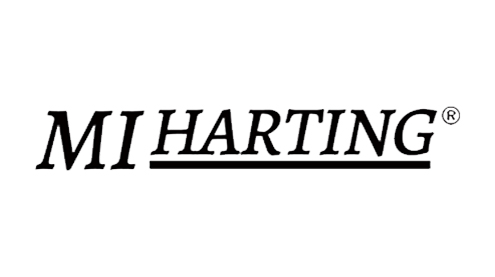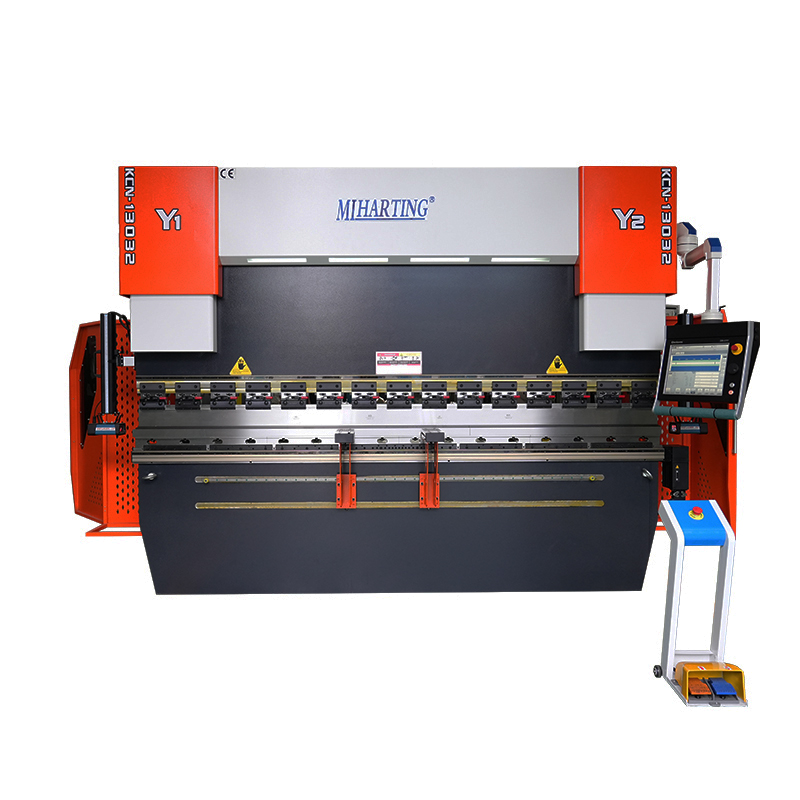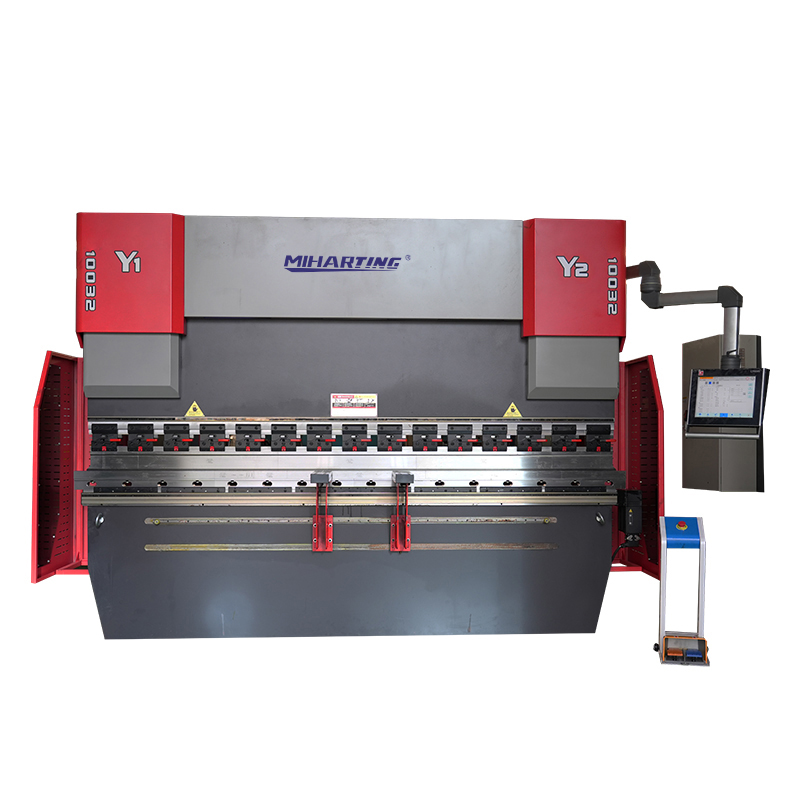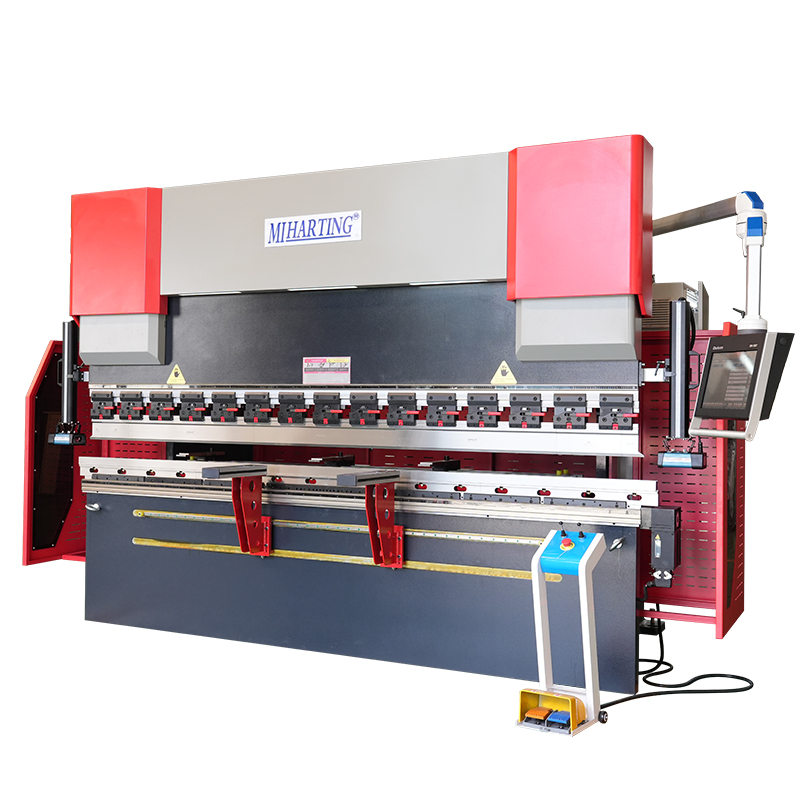Introduction: This article describes the advantages of power presses, including efficiency, versatility, precision and reliability, and how they differ from hydraulic presses. Power presses work with mechanical power to apply pressure accurately, with high productivity and safety. At the same time, we also compared the differences between power presses and hydraulic presses in terms of power source, force application method and force control. This information helps companies choose the equipment that best suits their production needs.
What are the benefits of a power press machine?
-
1.High Efficiency: Power press machines are known for their high production rates. They can perform repetitive tasks quickly and efficiently, leading to increased productivity in manufacturing processes.
-
2.Versatility: Power press machines are versatile and can be used for a wide range of applications, such as bending, punching, cutting, and shaping metal sheets or other materials. This versatility allows for greater flexibility in production processes.
-
3.Precision and Accuracy: Power press machines are designed to provide precise and accurate results. They offer controlled and consistent force application, ensuring uniformity in the produced parts. This level of precision is essential for maintaining product quality and meeting strict industry standards.
-
4.Durability and Reliability: Power press machines are built to withstand heavy-duty operations. They are constructed using sturdy materials and robust mechanisms, making them highly durable and reliable even in demanding working conditions.
-
5.Increased Safety: Modern power press machines come equipped with advanced safety features to protect operators from accidents and injuries. These safety measures include emergency stop buttons, two-hand control systems, safety guards, and sensors, ensuring a safer working environment.
What is the difference between a power press and a hydraulic press?
While power press machines and hydraulic presses share similarities in terms of their functions, there are key differences between them.
-
1.Power Source: Power press machines are typically operated by mechanical power, commonly derived from electric motors or flywheels. On the other hand, hydraulic presses utilize hydraulic power generated by pumping hydraulic fluid into a cylinder.
-
2.Force Application: Power press machines exert force using mechanical linkages, such as crankshafts and eccentric gears. Hydraulic presses, on the other hand, use hydraulic cylinders to apply force through the compression of fluids.
-
3.Force Control: Power presses offer precise force control through adjustable mechanisms, allowing for accurate application of force. Hydraulic presses, on the other hand, provide a higher degree of force control due to the ability to adjust fluid pressure.
Conclusion: Power press machines are essential tools in modern manufacturing industries, offering high efficiency, versatility, precision, durability, and increased safety. While they share some similarities with hydraulic presses, power presses operate using mechanical power and provide precise force application. Understanding these benefits and differences can help businesses choose the most suitable equipment for their specific production needs.






